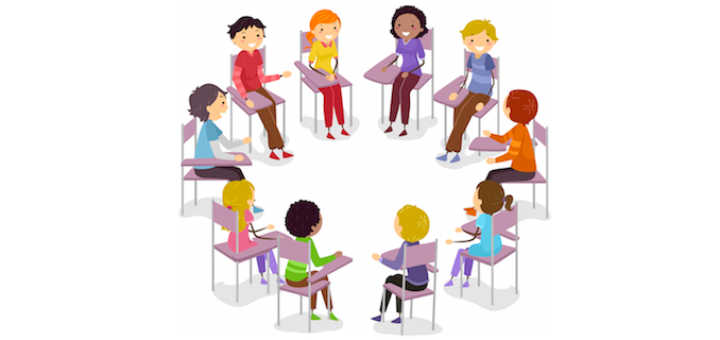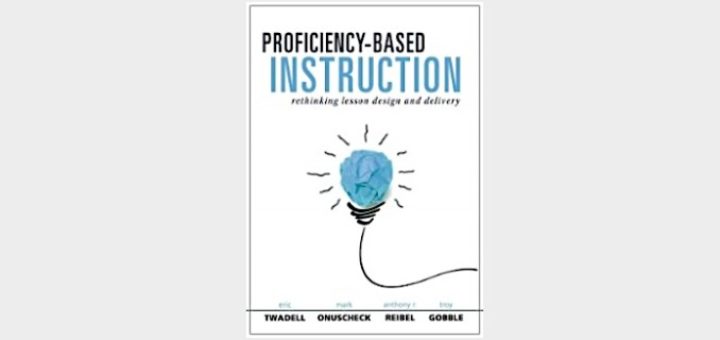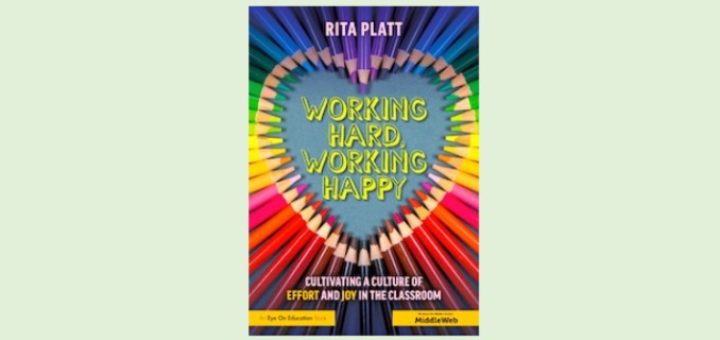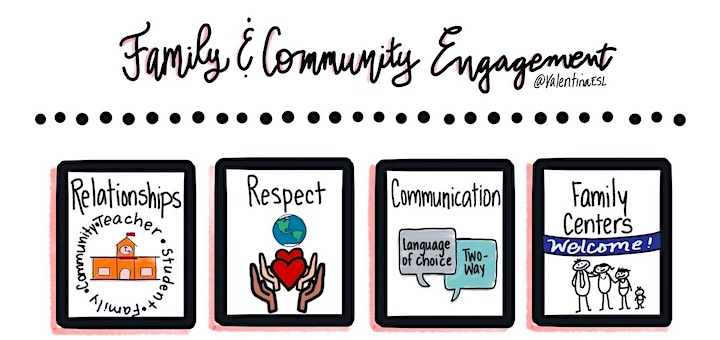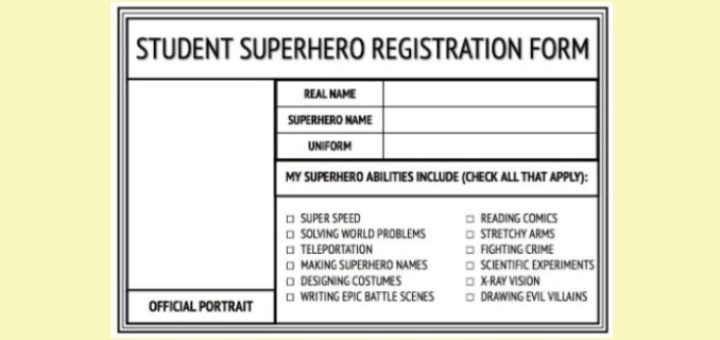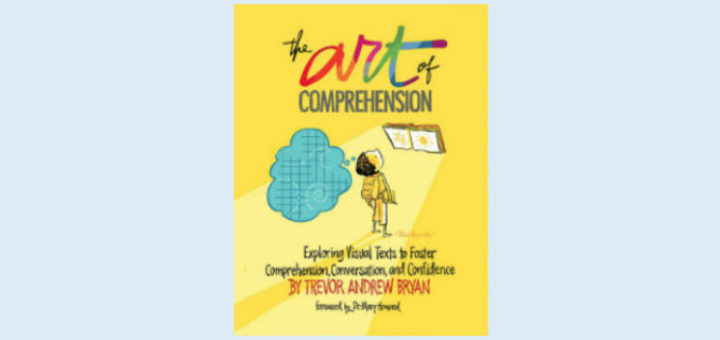Teaching and learning in grades 4-8
Students love to talk! And that’s mostly a good thing, if teachers can harness the natural social drive of tweens and teens “and use it to pull the wagon of content learning through whole-class discussions.” Try Rita Platt’s proven step-by-step map to discussion success.
To develop student-centered classrooms, Laura and Evan Robb believe schools and districts must build teams to both lead and empower teachers as they adapt to new demands. The Robbs outline strategies to support the shift, from redefining roles to fostering teacher agency.
Proficiency-Based Instruction breaks down the deeply flawed, longstanding approach to lesson design and delivery, and walks readers through reimagining their planning and instruction to develop the proficiency of every learner, says a totally-sold Jennifer Savery.
Rita Platt’s Working Hard, Working Happy is a quick read, with many useful ideas about creating a learning culture in your classroom and school. Any teacher who wants students filled with joy and self-motivation needs to read this practical book, writes Kimberly Higgins.
Teachers and literacy coaches have to realize there really are middle level students who refuse to read a book, says ELA teacher Jeremy Hyler. “As we look for answers, we have to first understand students today read differently and communicate differently than we did.”
Whether you began the school year weeks ago or you’re just launching, it’s time to consider what you hold most important when you think about a successful co-teaching partnership. Elizabeth Stein shares an experience from her own career that unwrapped three essentials.
Middle graders, especially ELs and newcomers eager to blend in, may not want to involve families at school. Yet partnering with families leads to greater achievement, lower absenteeism, and better behavior. EL expert Valentina Gonzalez shares her favorite strategies.
From get-acquainted activities like “Superhero registration” to first-week math games like “Four Fours,” teacher Michelle Russell takes readers through the steps of a new plan to start slow, welcome her students individually, and reassure the anxious ones that math can be fun.
By using visual texts, The Art of Comprehension provides a way for nonreaders and striving readers to participate in the same rich, authentic thinking tasks that their reading classmates are doing, even if they have difficulty decoding written words, writes Pam Hamilton.
The 2nd edition of “Dual Language Essentials” shows how dual language programs promote academic development, mastery of two languages, and cross-cultural understanding. Teacher Jacqueline Barreras is already adding its extensive resources to her planning for the year.

